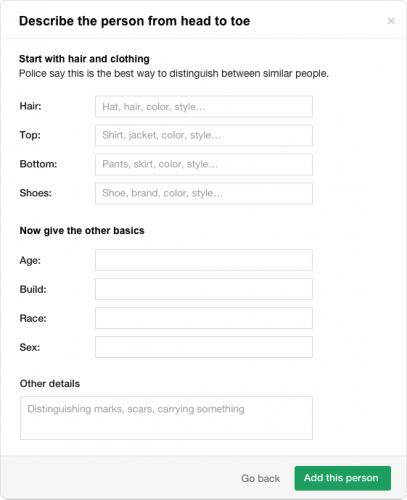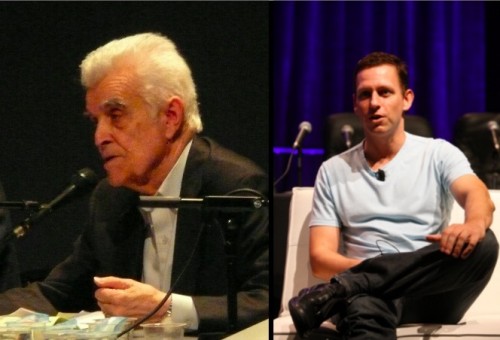
In 2011 I was looking for new ways to play with ideas. I had just finished my first semester in graduate school and while class assignments kept me busy and the conversations I had with my fellow graduate students were deeply rewarding I wanted something else. Something a little more public and a lot more focused on writing. I was surprised that, at least in my program, there was very little attention paid to the craft of writing. How to convey a complicated idea in an elegant way, or how to identify your audience, were absent from even the most pragmatic training. (This is not true in all programs and less true for that particular department now, than it was five years ago.) In college I frequently read and shared Sociological Images articles and one day, while procrastinating on my very first round of graduate school finals I noticed that The Society Pages had multiple blogs. Instead of writing my finals I wrote a short thing about drones and video editing suites and before I knew it I was regularly contributing to this blog. In a few short years I was submitting things to bigger publications, and now I’m an editor here with Jenny and wow what a wild ride.
Last month I read Kelly Conaboy’s Blog, You Idiots and it got me thinking about the process, style, and frequency of my own writing. I’ve been editing more and writing less, and I’d like to change that. Jenny and I have been editing guest posts but the editing that has taken up most of my time is editing my own stuff. There’s probably half a dozen would-be essays in my Cyborgology folder that end right about here, in the second paragraph, where the hook or thesis should go. I think this means I need to get back to writing what Conaboy called for: “just a little thing that you read and enjoy.”
I will be writing more, soon, but before I rearrange the pace of my work schedule to accommodate that promise I thought I would put down into words a workshop I have run twice now on helping academics write for more public audiences. The intention here is to identify some of the common problems academics have in writing engaging, thoughtful, and relatively short essays. Much of it comes down to pacing and working with others. more...









.jpg)